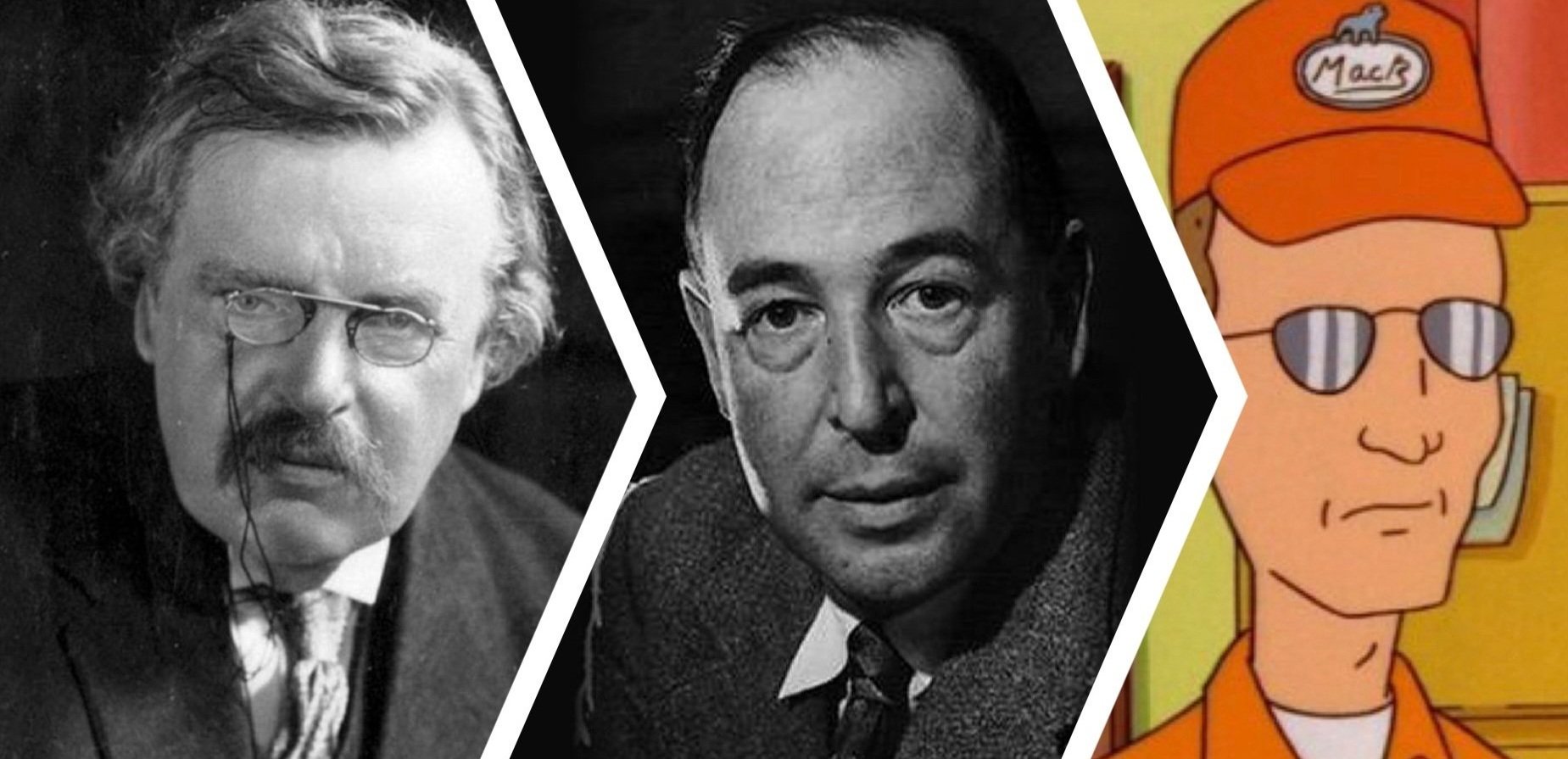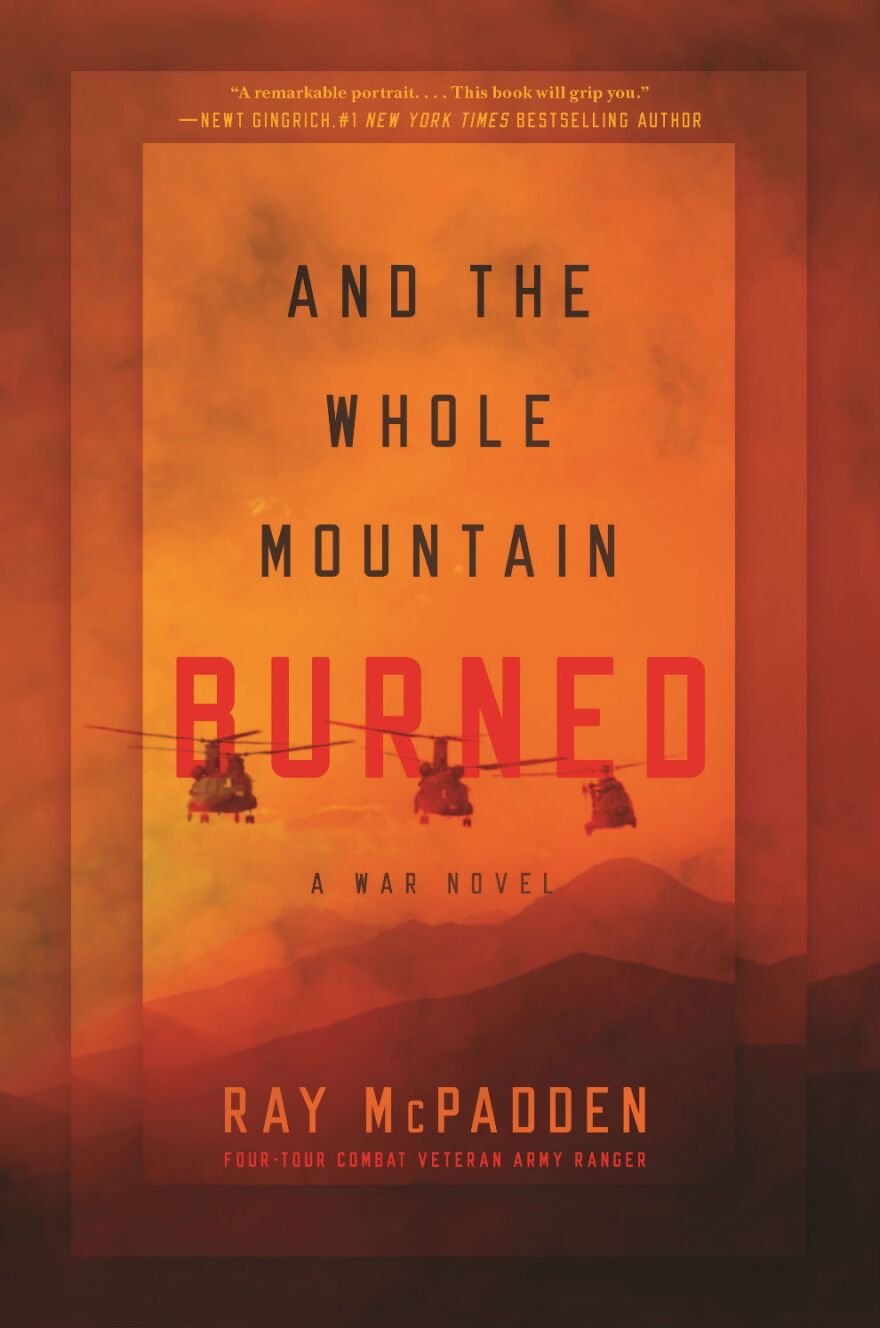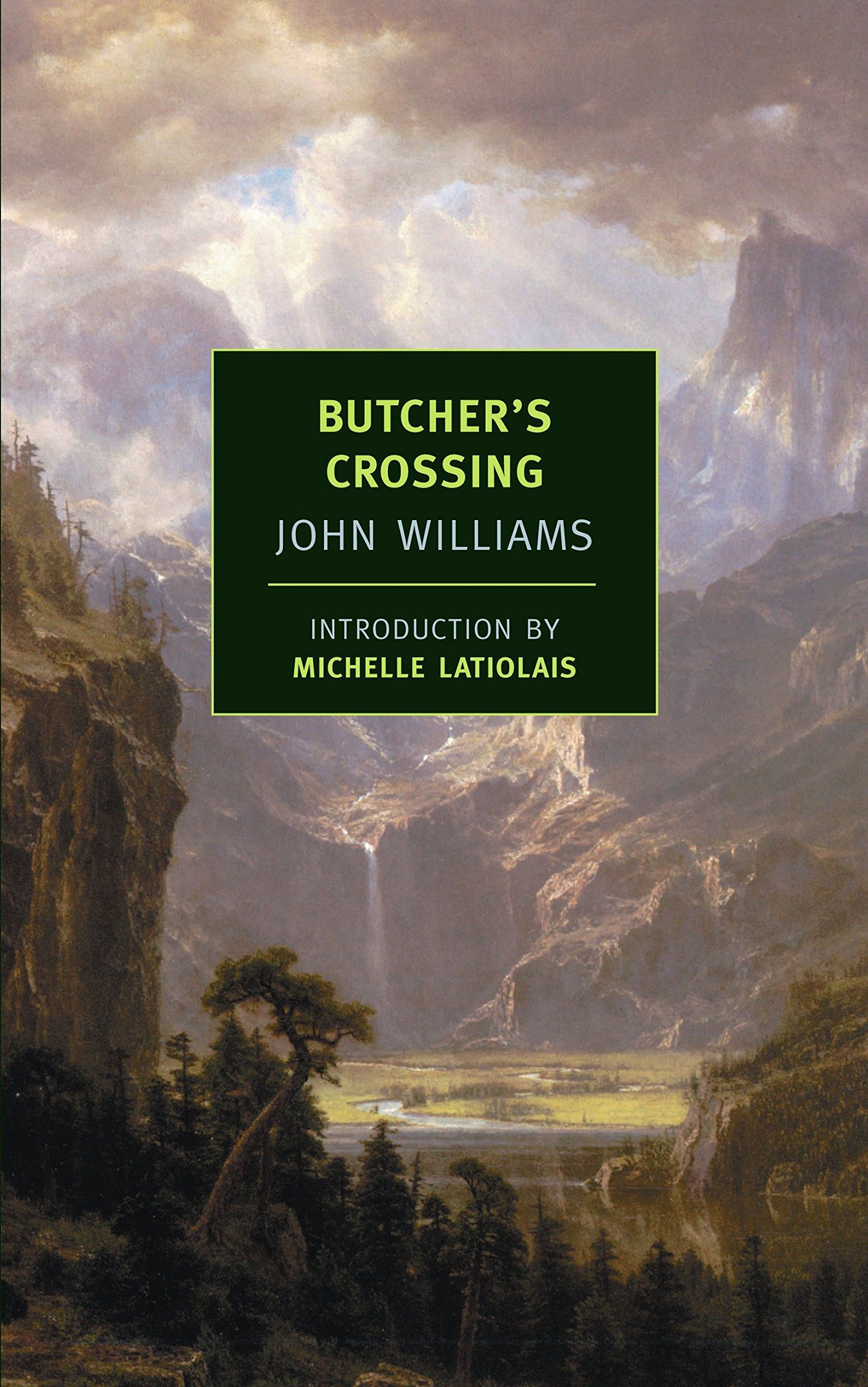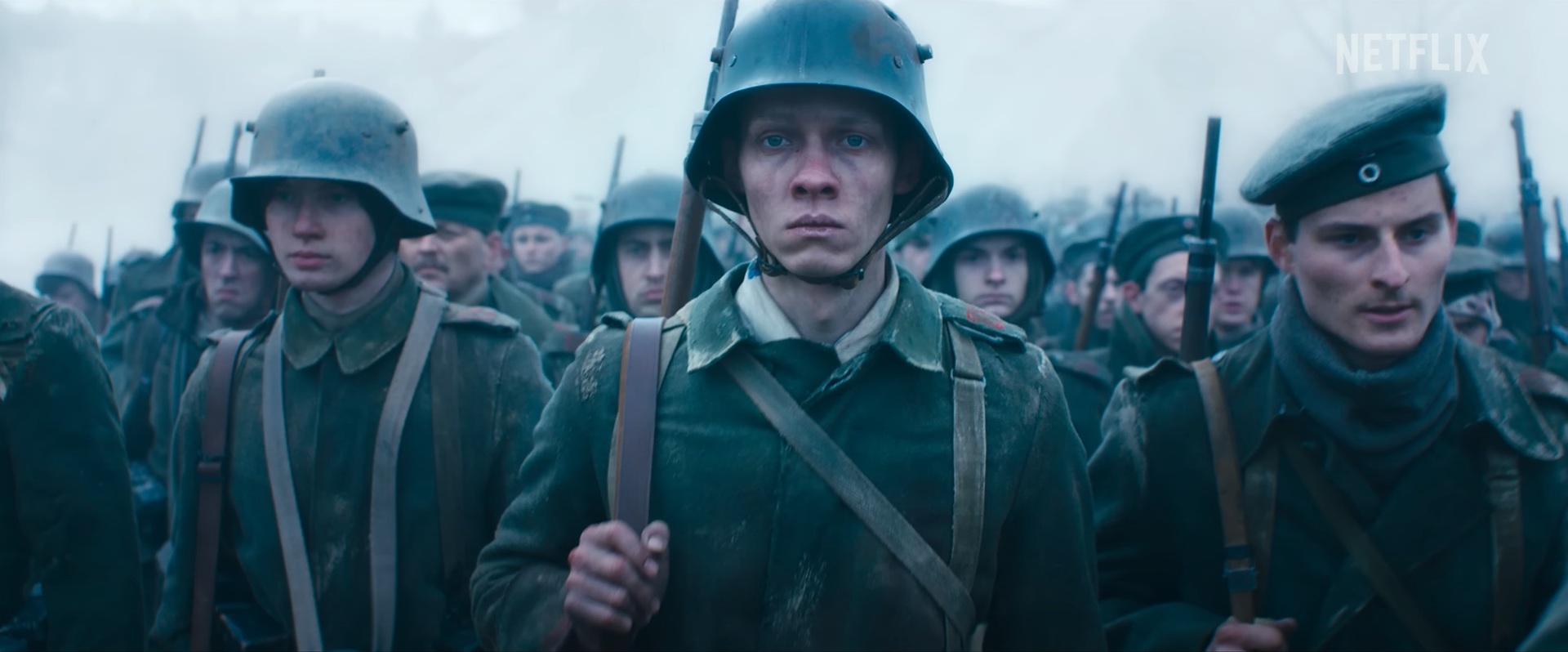It’s been a little less than a year since Daniel Craig’s final performance as James Bond arrived, and thanks to an interview with the Bond series’ producers in Variety, 007 was briefly back in the news this week. So, much like Bond in the final act of Skyfall, I’m cleaning house. The following is a grab-bag of thoughts on the future of the Bond film series, most of which I’ve been mulling over since No Time to Die came out last fall.
The search for a new Bond
The Variety piece in question is based on an interview with Eon Productions heads Barbara Broccoli and Michael G Wilson and primarily concerns the hunt for Craig’s replacement.
Naturally, since internet memes now rule the world, it takes only two paragraphs for Idris Elba to come up. Variety calls him a “long-time Bond candidate” when it would be more accurate to say “a Twitter favorite,” but Broccoli and Wilson are noncommittal. In what they must have known would be seized upon by the purveyors of clickbait, they say only “He’s great. . . . We love Idris.” Sure enough, this is what got Bond back in the public eye for about five minutes. But given the way movie studios and film producers intentionally stir the pot for publicity now, this may have been the whole point of the interview.
Elba is a talented, imposing actor with great natural gravitas. (I wish he’d had more time to inject a little reality back into “The Office,” for example.) But he’s inappropriate for Bond. The character as created by Ian Fleming is a tall, dark-haired, blue-eyed, Anglo-Scottish-French man. Invoke diversity and all the other usual bromides, but all literary characters must have some immutable properties and traits. Change too many of them, reduce the character to a name that you can apply to whatever set of fashionable traits you like, and you give away that what you’re talking about is a brand, not a character.
The satanic temptation of treating art as “content” is the endlessly interchangeable parts. Call Bond the Spy of Theseus.
Most of the rest of the Variety interview is pap. I’m not sure how seriously to take a lot of what Broccoli and Wilson say; they’re old pros, having inherited the Bond franchise from their father, and they know how to say what people want to hear even if it doesn’t make sense. For instance:
Both Wilson and Broccoli, who is a director of the U.K. chapter of women’s advocacy org Time’s Up, have left their mark on Bond, particularly in humanizing the once-womanizing spy and ensuring more fulfilling, meatier roles for the female stars of the franchise. These are qualities that will continue in the next films, says Broccoli.
“It’s an evolution,” she says. “Bond is evolving just as men are evolving. I don’t know who’s evolving at a faster pace.”
Pardon me, but I thought womanizing was a human quality. And there’s the standard pablum about men “evolving.” This is content-free rhetoric.
I’ve been thinking about this more deeply for a while, especially since reading this humorous but incisive piece by James Lileks written during virtually the same tedious, self-congratulatory debates about race-lifting and gender-swapping and other “reimaginings” a year ago. Here Lileks reflects on the evolution Broccoli invokes above:
The old days of swank Bond are long gone. The modern series is worthy; Daniel Craig has an unruffled precision that summons up the classic Bond, and he adds a bit more steel than Connery had. But for the rest of our days we will have an endless debate about whether Bond should be a woman next, or black, or both, or biracial and gender-fluid. Their name’s Bxnd. Jxmxs Bxnd.
(As a measure of how predictable these controversies are, I remembered Lileks’s piece as coming in response to all the “non-binary Bond” clickbait last year. But that story broke after Broccoli—remember that bit about saying things people want to hear?—floated the idea on a podcast in December, and Lileks wrote this two months earlier.)
More constructively, Lileks has an answer both to the question of changing Bond’s race (“The answer is, of course, no. That would be Scottish erasure”) and the implicit question of diversifying stories like the Bond series, the answer I’ve been shouting for years: “Another British secret agent who’s not a white male would be fine. They just can’t use the Bond inheritance. Make someone new! We’ll watch.”
Yes! Create your own things! That’s how we got Indiana Jones. And where would the fantasy genre be if everyone insisted on endlessly repurposing Tolkien’s creations rather than coming up with their own? (Okay, bad example. But the point stands.)
Of course, creating your own things requires creativity, and in our age of envy, fanfic, and Melkor-like vandalism everyone wants to control but not to make. As Lileks puts it, “The old characters have to be remade by a form of cultural parasitism that burrows into the host and consumes it completely.”
Let’s hope something survives. In the meantime, those of you who can, be creating new things.
Learning from Craig
Lileks is right about Craig’s “unruffled precision” and his “bit more steel than Connery,” who had quite a lot of steel. But revisiting his essay, I couldn’t help but connect it to this other comment from the Variety interview:
With [Craig], when we had the conversation at this very table about, you know, [whether he was] going to do it, he said, ‘Well, I’m going to do it. I really want to be a part of it, the whole thing.’ And he lived to regret that,” says Broccoli with a burst of laughter.
When Craig was committed to the part, his Bond was fantastic. I rank Casino Royale and Skyfall in my top five Bond films. But he quite publicly struggled with caring about the character and somnambulated through Spectre, which has scenes in which he visibly doesn’t give a crap. (Watch this scene. Imagine the panache Connery or Moore could have brought to the sly salute Bond gives the villains. Now compare everything Craig does in the plane to how well he sells annoyance at the beginning of the scene.)
Broccoli and Wilson act lighthearted about it, but it appears—and one certainly hopes—that Craig has taught them that they need to convey what a huge commitment the role is, and that they will look for someone who doesn’t treat it with contempt after three films.
More seriously for both the series and its individual movies, I think the continuity built into Craig’s films, most especially through Mr White and Madeleine Swann, was a mistake. Departing from the series’ historically episodic structure overcomplicated the stories, required a more casual audience to remember who characters like Mr White were, and led to the unconvincing, tone-deaf love story that No Time to Die relied upon for its emotional power. This also retroactively cheapened Bond and Vesper Lynd’s relationship in Casino Royale, as well as undermining the transformation Bond undergoes at the end of that story.
I felt something of this when I reviewed No Time to Die but I believe it firmly now. With the standard exceptions of recurring characters, Bond’s status as a hardened veteran, and just two women—Vesper Lynd and Tracy Bond—everything else should be episodic, with each film standing alone. This was the model from Connery onward and both makes the series easier and more fun to watch and—if you need to go deeper—reflects the way Bond actually lives his life.
Finally, stripped-down, lower-stakes stories may be in order. Part of the appeal of Casino Royale was its grounded feel: an international crook screws up, loses an African warlord’s money, and is trying to get it back before anyone notices. By the end of the Craig run we have murderous DNA-reading nanobots spreading across the world via rocket. The series has laudably stayed true to its tradition of good action, real stunts, and practical effects where possible, but scaling the threats back can only help the next man to don 007’s tuxedo and shoulder holster.
My contenders
Everyone has their list of actors they’d like to see as the next James Bond. Since everyone’s doing it, here are mine.
For years—ever since I gave up on Clive Owen, my go-to imaginary Bond in college—my favorite for the part has been Michael Fassbender. I’ve thought this for a decade now, ever since he put on a tuxedo to go undercover with Gina Carano in Haywire—which is also an excellent example of the kind of no-frills, small-scale, but well crafted spy movie the Bond franchise would do well to learn from. Fassbender is how I imagine Fleming’s Bond, matching him closely in appearance as well as carrying himself with the kind of simultaneously attractive and scary attitude that Fleming describes. He can do action, he radiates intelligence and hidden depths, and can be both charming and menacing at the same time.
However, he is only five years younger than the much-ballyhooed Elba, so unless he were to crank out a movie every other year I doubt his tenure would result in many movies. Alas for my imagination, Fassbender’s time may have passed.
I’ve seen a lot of other proposed Bonds on the internet, and, cutting through the trolling and I-dare-you-to-object candidates, a few good options include Dan Stevens, who did a marvelous Casino Royale audiobook reading, and Henry Cavill, who was misused as Superman but exuded a lot of Bond-like charm in The Man from UNCLE. He’s also only 39, so that decade that Broccoli and Wilson are demanding of their next Bond would be easier on him.
The only other serious candidate I’ve mentally entertained is Tom Hiddleston, who is apparently another internet favorite for the part. I’ve been open to the idea since watching “The Night Manager,” based on a novel by the anti-Fleming, John le Carré. Hiddleston is smooth, charming, and intelligent in that series but also convincingly tough. His Bond would be lighter than Fassbender’s, which is also where the challenge for a Hiddleston Bond would lie: Hiddleston is a very, very funny man—probably one of the traits that gives him such precise timing as an actor—and that wit and comedic sensibility would have to remain securely in its proper place. Letting it run wild would turn a Hiddleston Bond into late-70s Roger Moore self-parody.
But who knows? If the search goes anything like the one that landed Craig in the role, we’ll never predict the final choice.
A modest proposal
In their interview with Variety, Broccoli and Wilson emphasize that the Bond series is and will remain theatrical, seemingly ruling out any kind of streaming series for Bond. I was glad to read this and support their position completely.
But…
If they want to carry on with Bond as a theatrical film franchise and dip their toes into prestige TV, streaming or not, I’ve thought for several years now that Ian Fleming’s Bond short stories, collected in For Your Eyes Only and the posthumous Octopussy, would make an excellent limited series.
As I noted in my essay on Fleming last year, the Bond short stories are among Fleming’s best work and are each expertly crafted little masterpieces. They are set in numerous interesting locations—the Caribbean, unsurprisingly, but also the Alps, the Seychelles, the mountains of Vermont, downtown Manhattan, the border of divided Berlin—and vary dramatically in form, tone, style, and genre. It’s an anthology series just waiting to be made.
Set them in their original mid-1950s to early 1960s period, keep them faithful to the source material—complete with the callousness and the seventy Morland cigarettes a day—and craft each as a standalone 60-90 minute episode, and I think they would not only play well for audiences but breathe some fresh life into the character by putting him back in touch with his origins. Everything old becomes new again.
For what it’s worth, it’s this idea in which I’ve most clearly seen Hiddleston as Bond (perhaps because he read the excellent audiobook version of Octopussy), but if they wanted to get really experimental with it they could change the casting from episode to episode. Or perhaps the strengths I pointed out in Fassbender above could be put to use here, as the aging World War II veteran of Fleming’s later novels.
Just a thought. Though I’m always open to receiving a finder’s fee.
Orbis non sufficit
Why does any of this matter? It probably doesn’t, except insofar as it reflects how and why people tell and enjoy stories today. And I think enjoyment is key. We’re storytelling creatures, so that matters. Hollywood, in its rush to make “important” movies—which being translated is propaganda—seems to have forgotten the basic craft and purpose of storytelling.
But Bond specifically continues to appeal because, with all his flaws, he has stood at the center of seventy years of compelling action adventure. A mere man from a past age will die; a literary character from a past age has the advantage of immortality in decades and even centuries of imaginations.
I want to give Lileks the last word. Here, reflecting on the charge that Bond is old-fashioned, too old-fashioned and problematic for the precise and delicate tooling and microscopic tolerances of the modern imagination, he reaches the same conclusion I did last summer:
Of course Bond is archaic. The very idea of a highly competent, serious intelligence agency that protects national interests seems quaint, at least to those of us in the West. A white guy who does secret-missiony things to preserve the stability of Western nations is just an exercise in justifying the colonialist order, no? There was that scene in Casino Royale where Bond really got worked over, and you hear bones crack—talk about your white fragility. But Bond endures, because he embodies necessary things.
More if you’re interested
You can read the whole piece with Broccoli and Wilson at Variety here and James Lileks’s humorous piece on Bond here. (If you only read one of them, read Lileks. It’s hilarious and insightful and even a little moving.) I wrote about Ian Fleming’s superb craftsmanship at the University Bookman almost exactly a year ago here, and reflected on the pervasive melancholy of Fleming’s stories here.
I’ve mentioned several of the excellent audiobook performances of Fleming’s original novels. Each is read by a superb British actor. I mentioned Hiddleston and Stevens, but among the other readers are Bill Nighy, Damian Lewis, Kenneth Branagh, Jason Isaacs, Hugh Bonneville, and Rosamund Pike. They’re great. Check them out here.

















